
Similar Posts

Tehran and Baku Urged to Remain Alert Against Disruptive Threats
President Masoud Pezeshkian has reiterated the strong bond between Iran and Azerbaijan, urging caution among political and cultural figures to avoid misunderstandings. He emphasized the need for unity and cooperation to enhance bilateral ties, advocating collaboration across sectors like academia, healthcare, and energy. Pezeshkian highlighted the strategic significance of the railway connecting the two nations, which could boost trade and cultural relations. He also affirmed Iran’s support for peaceful coexistence between Azerbaijan and Armenia and stressed the importance of territorial integrity in resolving disputes. His upcoming visit aims to strengthen these relations further for mutual prosperity.
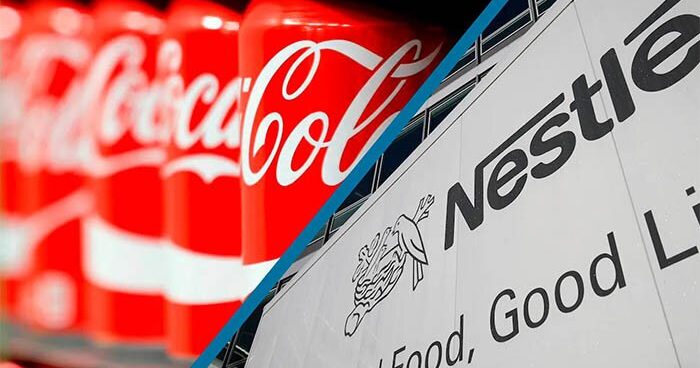
Tehran Cracks Down: Bans Global Brand Ads Tied to Israel
Tehran’s city council has voted to prohibit advertisements and sales of global brands linked to Israeli companies, such as Coca-Cola and Nestlé. This move expands existing bans and prohibits these goods from municipal markets and purchases. Council head Mehdi Babaei stated the decision aligns with governmental policies supporting the Palestinian cause. The ban targets brands associated with Israel, restricting their advertising on public spaces. Enforcement details are expected soon, although past restrictions have relied on national regulations. This decision reflects Iran’s geopolitical stance and may influence consumer behavior, highlighting the intersection of commerce and politics in Tehran.
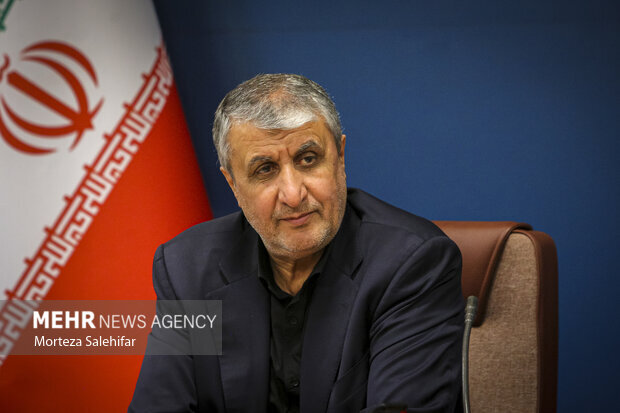
Iran’s Nuclear Program: Eslami Declares Full Transparency Amid Global Concerns
In a recent interview, Mohammad Eslami, head of Iran’s Atomic Energy Organization, highlighted significant advancements in Iran’s nuclear industry, emphasizing technological independence and the peaceful benefits of nuclear technology for the Iranian people. He stated that Iran has “broken the monopoly” on nuclear research and is committed to developing its program despite costs. Eslami addressed concerns about potential weaponization, asserting that such accusations are Western excuses, and reiterated Iran’s commitment to transparency through inspections. He criticized U.S. restrictions on nuclear development and called for the International Atomic Energy Agency to support peaceful nuclear technology access for all nations, reflecting Iran’s determination amid geopolitical challenges.
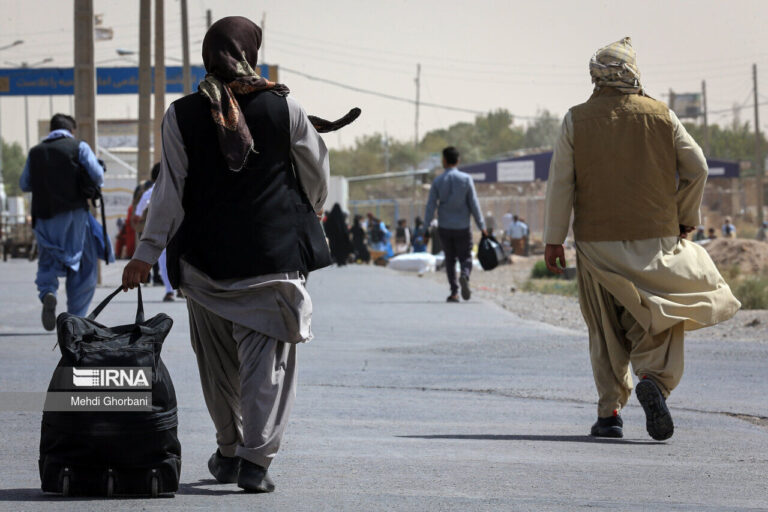
International Cooperation Essential for Iran’s Ongoing Support of Afghan Immigrants, Says Official
Iran’s Interior Ministry, led by Nader Yarahmadi, has urged the international community to support Iran’s efforts in hosting Afghan immigrants amid a humanitarian crisis. In a meeting with Norwegian Chargé d’Affaires Paul Klouman Bekken, Yarahmadi discussed improving living conditions for Afghan nationals and the need for greater international cooperation. Bekken acknowledged Iran’s generosity in accommodating refugees, while Iranian Foreign Minister Abbas Araghchi emphasized the urgency of a unified response from regional and international stakeholders, particularly European nations, to address the ongoing challenges faced by Afghan immigrants in Iran.
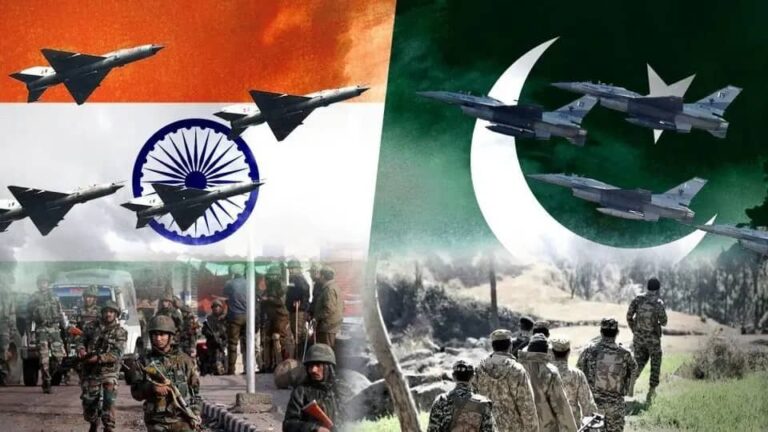
Global Reactions: How World Leaders are Responding to the India-Pakistan Military Clash
The international community is alarmed by India’s “Operation Sindoor,” targeting alleged terrorist sites in Pakistan and Kashmir, resulting in at least 26 Pakistani and 10 Indian casualties. In retaliation, Pakistan has attacked Indian military positions, escalating tensions between the two nuclear-armed nations. Global leaders, including U.S. President Trump and UN Secretary-General Guterres, urge restraint and dialogue to prevent further conflict. France, Japan, the UAE, Israel, Russia, and China have all echoed similar calls for de-escalation. The situation highlights the urgent need for diplomatic solutions to ensure regional stability and avoid catastrophic consequences for global peace.
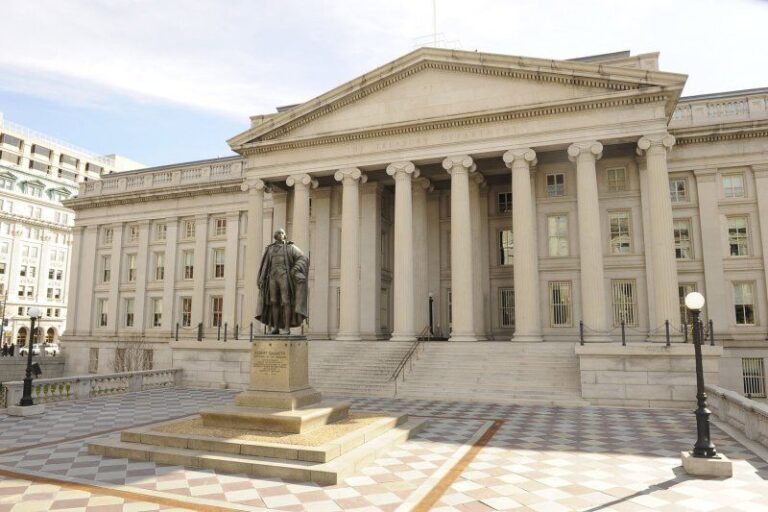
U.S. Unveils Tough New Sanctions Aimed at Crippling Iran’s Drone Program
The U.S. Treasury Department has imposed new sanctions targeting Iran’s drone program as part of President Trump’s “maximum pressure campaign.” The sanctions focus on six front companies in China and Hong Kong that allegedly assist Iranian firms in acquiring components for unmanned aerial vehicles (UAVs). Treasury Secretary Scott Bessent noted Iran’s ongoing efforts to procure these components despite international scrutiny. While Trump has expressed a willingness to negotiate with Iran, the Islamic Republic, represented by Foreign Minister Abbas Araqchi, has rejected talks under the current sanctions, emphasizing their stance against negotiating under pressure.